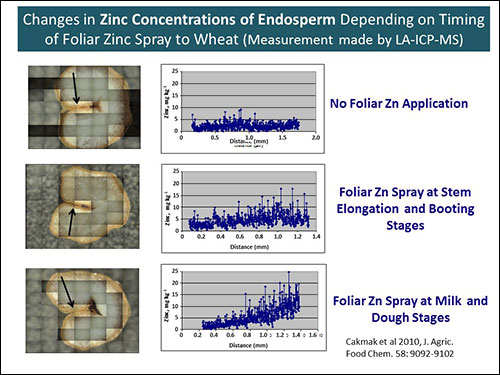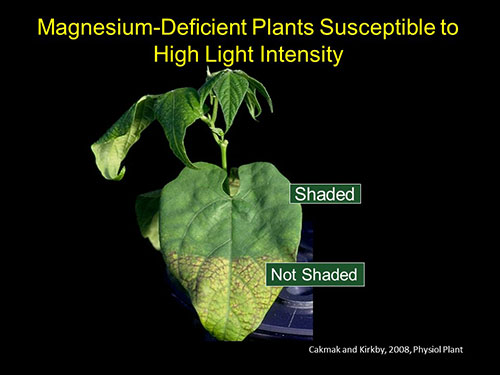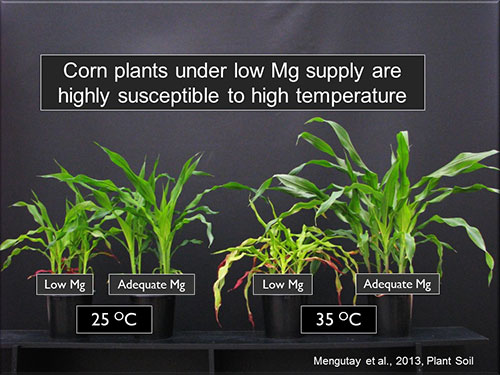Research
Hidden Hunger (Micronutrient Deficiencies)
About 30 % of world population is estimated to suffer from micronutrient deficiencies, mainly in developing countries, due to low dietary intake of micronutrients such as zinc (Zn), iron (Fe) and iodine (I). Micronutrient deficiencies cause diverse of health complications including impairments in brain function and development, immune system and physical development, and high risk for anemia and cancer development. Micronutrient malnutrition problem is mainly widespread in regions where soils are low in chemically available micronutrients and cereal-based foods are the major source of calorie intake of the human populations. Cereal grains are inherently very low in Zn, Fe and iodine. Increasing concentration of micronutrients in food crops is, therefore, an important global target and humanitarian challenge.
 |
Current research in our lab focuses on genetic and agronomic biofortification of cereal crops with Zn, Fe and iodine (visit following links: www.harvestzinc.org and www.harvestplus.org).
 |
Mineral Nutrition and Stress Mitigation
A proper mineral nutrition of plants is a key issue for better stress tolerance. Plants under deficiency of certain mineral nutrients such as zinc, potassium, magnesium and calcium show exceptionally high sensitivity to high light intensity (e.g., photoxidative damage), heat, low temperature and drought. Under low supply of those mineral nutrients, plants are rapidly becoming chlorotic and necrotic and show impairments in growth and development.
 |
On-going research in our lab is also focused on better understanding of the role of mne ral nutrients in improving tolerance of plants under environmental stress conditions. In this research program, attention is mainly paid to following research topics:
- Antioxidative defense mechanisms and generation of reactive oxygen species
- Root adaptation mechanisms
- Biosynthesis, translocation and utilization of photoassimilates
- Seed content and seed dressing and seed priming of mineral nutrients
 |